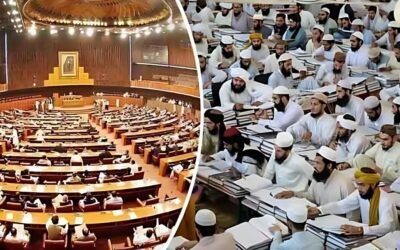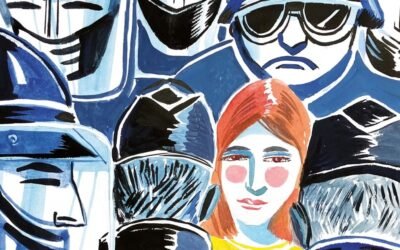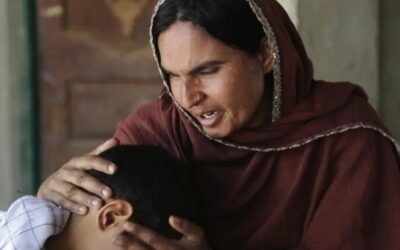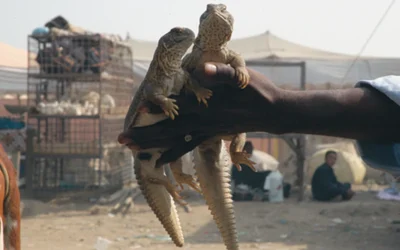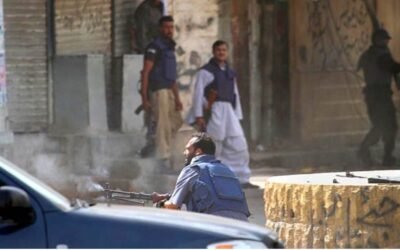Introduction
Jirgas have been part of South Asian society for centuries. They operate as informal councils to settle disputes. In Pakistan, they are often used when people cannot access formal courts. Especially in tribal regions. However, their influence is now extending to urban areas. Recently, some of their decisions have raised many problems. This pertains particularly to women and the matter of honor killing. Jirgas are usually biased against women. They are subjected to unlawful punishments that are violent and unfair. Although the courts have declared jirgas unlawful, they still operate in both rural and urban areas. Jirgas have and continue to function as parallel courts. But does this also mean that they can be seen as parallel forms of justice? This article will explore how jirgas complicate the country’s legal and constitutional issues.
You May Like To Read: Radicalization in Prisons in Pakistan: An Overview
What are Jirgas?
Jirgas have operated in the regions of South Asia since colonial times. Traditionally, a jirga comprises an all-male council. Their purpose is to settle conflicts through local customs and laws. Rather than providing justice, jirgas focus more on restoring social equilibrium. Decisions reached by jirgas are socially binding for individuals. There is no forum for appeals. This system is particularly biased against women. Women are not allowed to stand before jirgas, whether as victims, accused, or witnesses. The honor of men is central to jirga customs. This is also a reason why many decisions reached by this system harshly implicate women. The testimony of one male relative is enough to condemn a woman.
Since its conception, Pakistan has relied on jirgas. The country’s legal system is heavily burdened (for example, with terrorism cases), and jirgas can offload some of this weight. However, this allowance has come at a heavy cost. For instance, a National Commission for the Status of Women (NCSW) survey found that 70% of areas where jirgas operate were influenced by marriage jirga decisions. 3/4th of these women faced domestic violence.
Due to increasing violence stemming from jirga decisions, the Supreme Court led to the enforcement of some limitations. In 2019, jirgas were declared unlawful. In this way, they functioned as parallel courts (not officially). Nevertheless, they still allowed these forums to function in cases of arbitration, mediation, or negotiation. However, there were now certain bounds that were not to be crossed. Jirgas could not usurp the jurisdiction of ordinary courts of law. Wherever they infringed on civil or criminal jurisdictions, they were doing so illegally. They also cannot encourage unlawful acts or commit gender-based discrimination. The court also asserted that no jirga decision is final or legally binding.
From this overview, a foundational understanding of jirga systems in Pakistan can be drawn. Pakistan indeed has and continues to rely on them in some legal situations. However, jirgas have also historically enforced violent punishments, especially against women. Therefore, whether jirgas can function as a parallel system of justice is controversial and unlikely. The article will delve into more examples and arguments to reach a holistic conclusion.
How Jirgas Have Helped the State
In tribal areas, jirgas have historically functioned as courts. But they are increasingly being replaced by formal courts in some settled areas. Regardless, the jirga system continues to hold prestige in tribal regions. Although an official appointed by the Frontier Crimes Regulation (FCR) is there to uphold the law, the real power lies with jirgas. Hence, justice in these regions is often a collaborative effort.
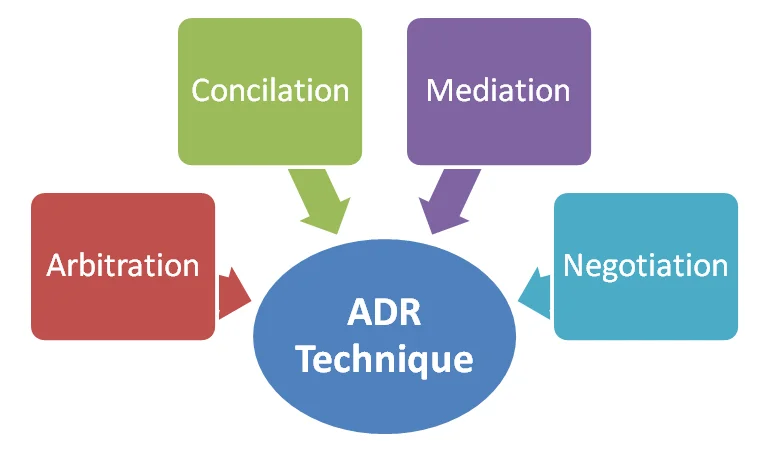
Source: OnlyIAS
Jirgas have also contributed to the negotiation between the Taliban and Pakistan’s Armed Forces. In the military operations against al-Qaeda, jirgas played a key role as moderators. In addition, unofficial jirgas are popular with tribal masses as well. The State has acknowledged this trust. It has been proposed that formal recognition of jirgas may make them more transparent and reliable. In 2017, the government introduced the Alternative Dispute Resolution Act. This act allowed for the provision of a government-approved neutral arbitrator in jirga panels. Cases will be presented in these agreed-upon panels. If the parties amicably resolve the dispute, the decision will be formalized by the court. If not, they can choose further judicial decisions for their grievances. There has been some apt criticism. Commentators have noted that the appointed “neutrals” neutrality isn’t guaranteed. This may also lead to the rise of feudalism and the oppression of the weak.
Urban Jirgas and Violent “Punishments”
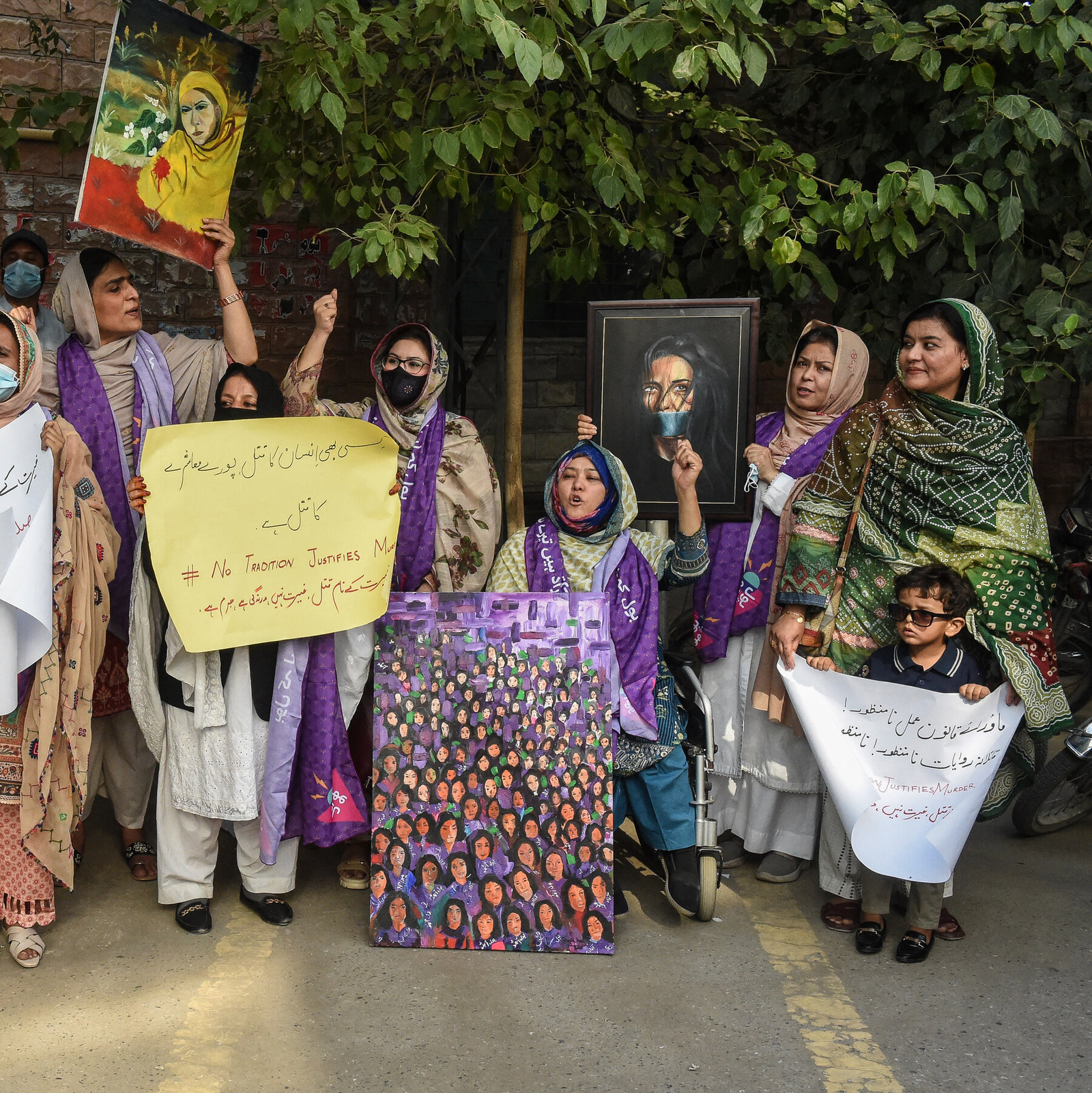
Source: The New York Times
The harms caused by jirgas have mostly been apparent through the violence against women. Jirga rulings can have lethal consequences. These informal councils often have a hand in honor killings. Traditionally, jirgas have been associated with tribal customs and regions. Recently, however, jirgas have urban areas. In July 2025, a 19-year-old girl was murdered in Rawalpindi by her father and her husband. Her killing had been ordered by the jirga. This is one of many unfortunate instances. Only a few months prior, a couple was shot dead near Quetta. This was a punishment ordered by a jirga leader for Bano Bibi having married a man of her choice. She was murdered by her brother.
Jirgas violate the principle of separation of powers. The constitutional obligation to provide justice to citizens lies with the state alone. Officially and legally, a jirga has no right to pass judgments or impose punishment. “Bringing shame to the family” is not a criminal offence either. The Jirga system seems to be operating under its own legal frameworks. Their conceived notions of legality are not recognized officially or constitutionally. Such judgments are crimes in their own right. It would be unfair to the innocent victims of jirga decisions to think of these councils as parallel justice systems.
In a shameful crime that is totally unconscionable , another young woman was killed in Rawalpindi by her husband after a jirga ordered her murder — allegedly under the supervision of a former Union Council Vice Chairman.
This is not ghairat, this is qatl. Her body was buried in… pic.twitter.com/kgbwzRAa9K— SenatorSherryRehman (@sherryrehman) July 25, 2025
The Revival of Jirgas: An Unconstitutional Act
Recently, there have been discussions on reviving jirgas in federal areas. Critics do not believe this would the the wisest decision. Dr. Shah argues that the revival of jirgas rollback the democratic, legal, and constitutional progress embodied by the 2018 25th Amendment. This amendment abolished FATA’s special status. It also extended the judiciary’s jurisdiction in these regions. He emphasizes that that jirgas, rooted in discriminatory and colonial-era practices, operate outside legal safeguards. Due process and accountability are ignored. The reinstatement of jirgas would undermine provincial autonomy, violate constitutional boundaries, and reverse historic gains toward inclusive justice and human rights for millions.
Conclusion
Jirgas in 2025 reveal the dangers of allowing parallel justice systems to exist. While they may offer quick decisions, they frequently result in violence and discrimination. Basic human rights are often violated. The revival of jirgas would weaken constitutional progress. It would also place many vulnerable people, especially women, at risk. True justice can only be achieved if Pakistan strengthens its formal legal system. The State should continue to make efforts to ensure that justice is accessible to all citizens. Measures should also be taken to limit the influence of harmful jirgas in the country.
You May Like To Read: Banned Clerics and Bolder Platforms: Can We Really Silence Extremism Online?


